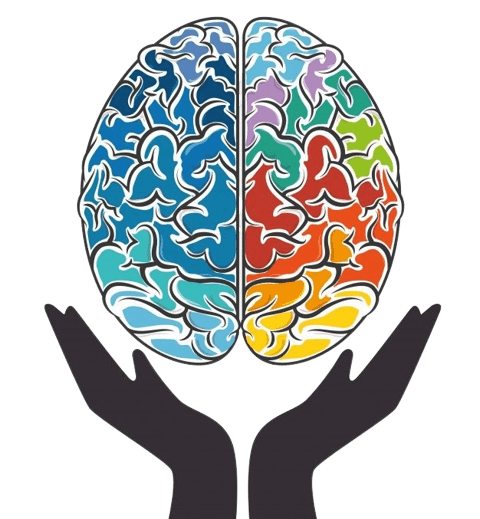Personality Disorders
Personality disorders refer to a group of mental illnesses that cause a disordered or abnormal way of thinking and behaviour that keeps you from functioning as you should. Abnormal behaviour and thinking can have a detrimental effect on your work, relationships and quality of life.
Although the cause of personality disorders is unknown, some theories suggest that early childhood and genetic influences play a role. These ways of thinking or disorders usually begin in adolescence or early adulthood and often go unnoticed by the person experiencing the disorder.
If you suspect you have a personality disorder or have already been diagnosed with one, psychotherapy can help you learn about your conditions and talk about the way you feel, your thoughts and your behaviour. During sessions, you may also learn social skills that will provide healthy ways to cope and manage your symptoms and behaviours that impact your relationships.
Commonly treated personality disorders
- Schizoid personality disorder
- Paranoid personality disorder
- Antisocial personality disorder
- Borderline personality disorder
- Histrionic personality disorder
- Narcissistic personality disorder
- Avoidant personality disorder
- Dependent personality disorder
- Obsessive-compulsive personality disorder
Treatment for personality disorders
Treatment may include individual sessions consisting of cognitive-behavioural therapy (CBT), dialectical behaviour therapy (DBT) and interpersonal therapy (IPT), as well as family therapy.
There are several types of therapies used to treat personality disorders; the type of therapy you receive depends on the severity of your symptoms and what type of disorder you have. In conjunction with therapy, medication can also be used as an effective treatment.

